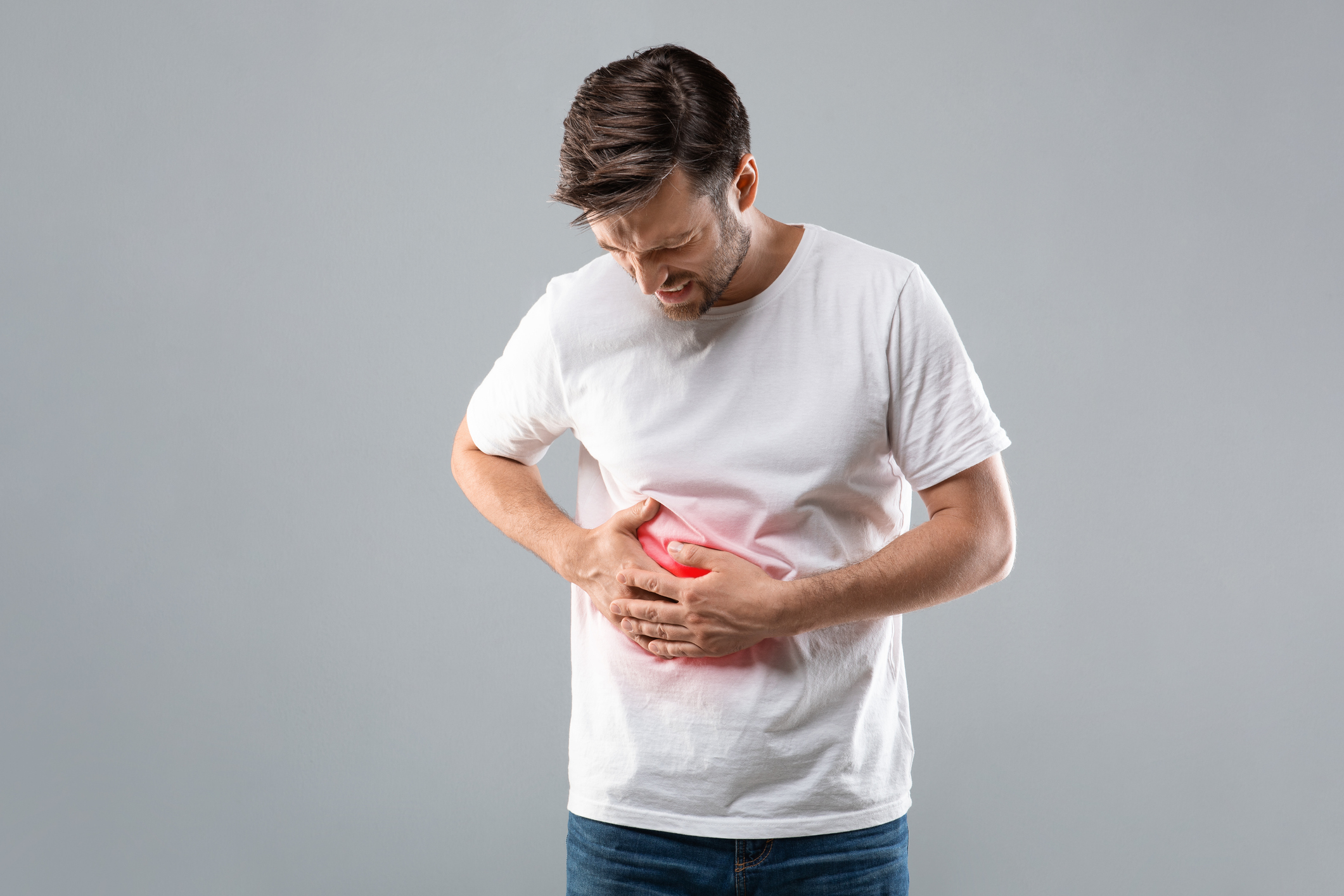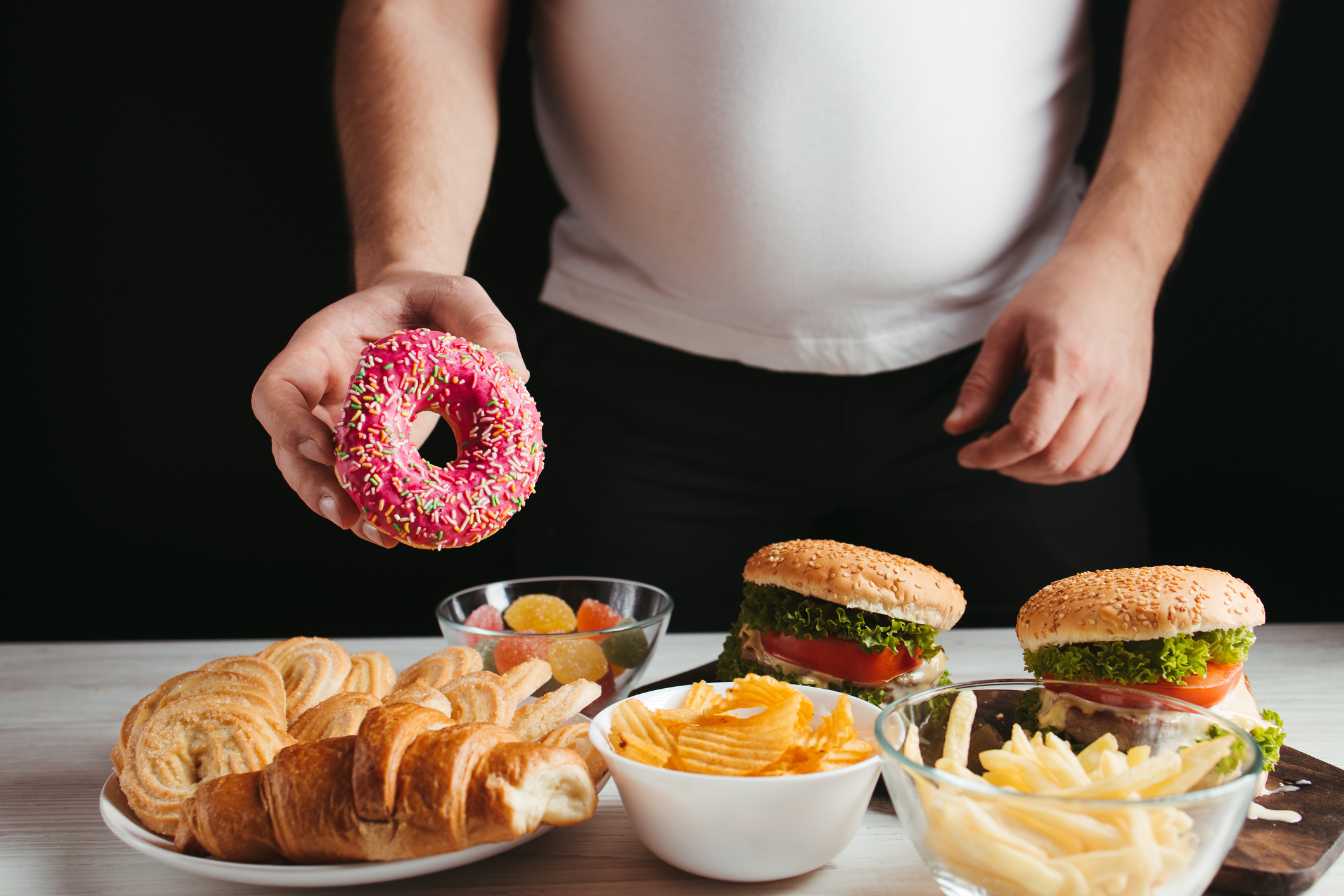Warning Signs of Fatty Liver: What to Watch For

The liver is a vital organ that we rely on to keep us healthy. However, if we don’t make healthy lifestyle choices, the liver can become damaged. One condition that can develop is called fatty liver — a disease in which the liver stores too much fat.
You will often not have signs of fatty liver until the condition has progressed and become more serious. You may have pain in your belly or feel tired. But without lifestyle changes, fatty liver can progress and have more severe symptoms.
Keep reading to learn about the signs of fatty liver disease. And discover the things you can do to prevent or treat fatty liver.
Why is the liver important?
The liver is like a filter — cleaning your blood and removing toxins. It removes substances like caffeine, alcohol, and drugs. The liver also is a gland, making hormones and proteins that different parts of our bodies need.
Additionally, the liver plays an essential part in your metabolism. Fats and carbohydrates are processed in the liver and converted to energy. The liver also keeps blood sugar levels regulated by removing or adding sugar to the blood as needed.
There are hundreds of functions the liver performs. But when fatty liver disease develops, our health is put at risk because this valuable organ cannot do them well.
The main causes of fatty liver disease
Researchers do not know what exactly causes fatty liver. But they do know that fatty liver disease can develop in people who have any of a number of conditions. Many of these conditions come about because of unhealthy lifestyle choices.
- Drinking alcohol heavily
- Being overweight or obese
- Having type 2 diabetes
- Metabolic syndrome, which includes high cholesterol levels and blood pressure
Drinking large amounts of alcohol — even for just a few days — can cause fat to build up in your liver. Other than alcohol, fatty liver disease is associated with eating too much and being overweight.
While some conditions such as type 2 diabetes, high blood pressure, and high cholesterol can develop in people who have a healthy weight, they often develop as people become overweight or obese.
The more risk factors you develop, the greater your chances of developing fatty liver disease.

Discover the signs of fatty liver disease
There are few signs of fatty liver disease in the early stages. It is considered a silent disease, with people often not realizing they have liver problems until the disease has become more advanced.
Early signs of a fatty liver
In the early stages, signs of fatty liver to watch out for include:
- Fatigue or tiredness
- Pain in your abdomen in the upper right side
You may begin to feel tired because the liver plays a key role in processing fats and carbohydrates and converting them to energy. When the liver is not working as well as it should, it cannot produce enough energy for you.
As fats build up in your liver, it becomes swollen. This can lead to a feeling of fullness, discomfort, or pain in the upper right side of your belly.
Advanced signs of a fatty liver
In later stages, there are increasing signs of fatty liver disease that it’s crucial you pay attention to:
- Swelling or enlarged abdomen
- Swelling of blood vessels just below the surface of the skin
- Redness on the palm of the hands
- Jaundice — yellowing of the whites of eyes and skin
- Extreme fatigue
- Confusion
These symptoms develop when the liver becomes inflamed or swollen, and damage occurs. In advanced cases, there may be scarring of the liver tissue, which eventually can cause your liver to stop working.
How to treat signs of a fatty liver
If you begin to see signs of fatty liver, you’ll need to see your integrative physician for a diagnosis. They will work with you to develop a plan by focusing on holistic approaches to improve your mind, body, and spirit.
To treat — or even reverse — fatty liver, you’ll need to make some important and crucial healthy lifestyle changes.
Lose weight
Losing weight is the best thing you can do to control fatty liver disease and reverse the early stages of it. When you lose weight, your liver gradually loses some of the fat buildup in it. Losing weight also helps you to control your blood sugar and Type 2 diabetes — and, in some cases, reverse it.
Healthy eating
A plant-based diet — rich in whole and unprocessed organic fruits and vegetables — with minimal or no factory produced meat, dairy, and highly processed sweets can significantly improve the condition of your liver. The Mediterranean diet, with a focus on healthy fats, unprocessed foods, and lean protein and omega-3s — from wild-caught fish — is the best diet to control and reverse fatty liver.
Exercise
Exercising and being active regularly can help you to lose weight, which in turn can reverse fatty liver. But studies also show that the more active you are, the more you reduce factors in your metabolism that specifically relate to developing fatty liver, whether or not you lose weight.
Treatments to help heal your liver
The best fatty liver disease treatments are changes to your lifestyle. Make conscious choices about your diet and exercise to lose weight and prevent or manage diabetes. Improve your diet by choosing whole and unprocessed organic vegetables, fruits, whole grains, seeds, nuts, and legumes. By choosing organic foods, without genetically modified organisms (GMOs), you will greatly improve your chances for a full recovery.
To discover how you can regenerate and repair your liver naturally, click here.


